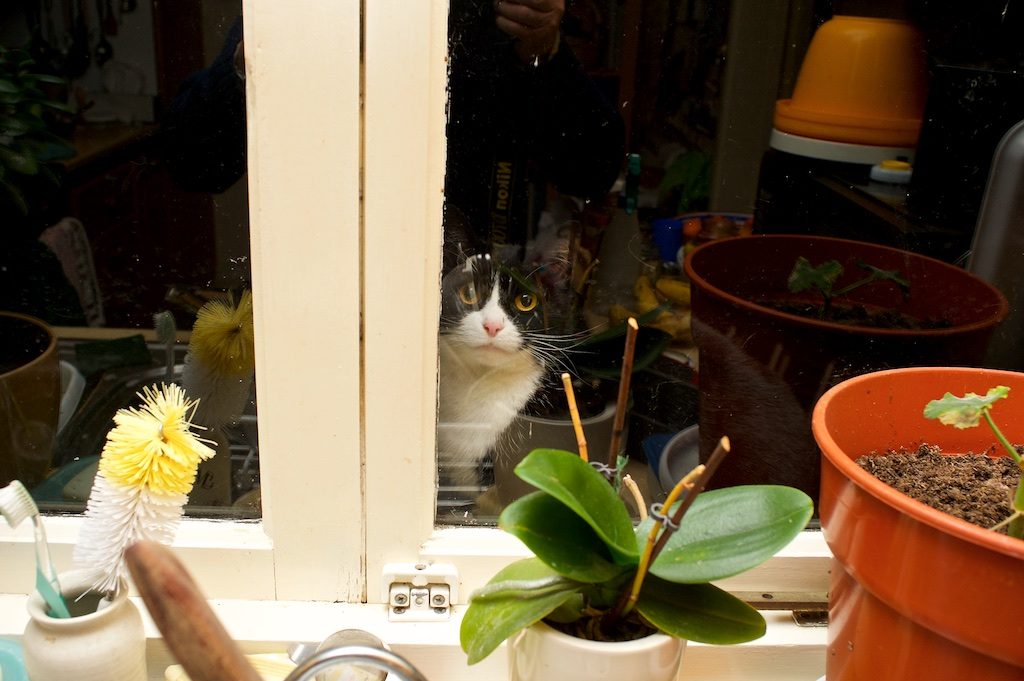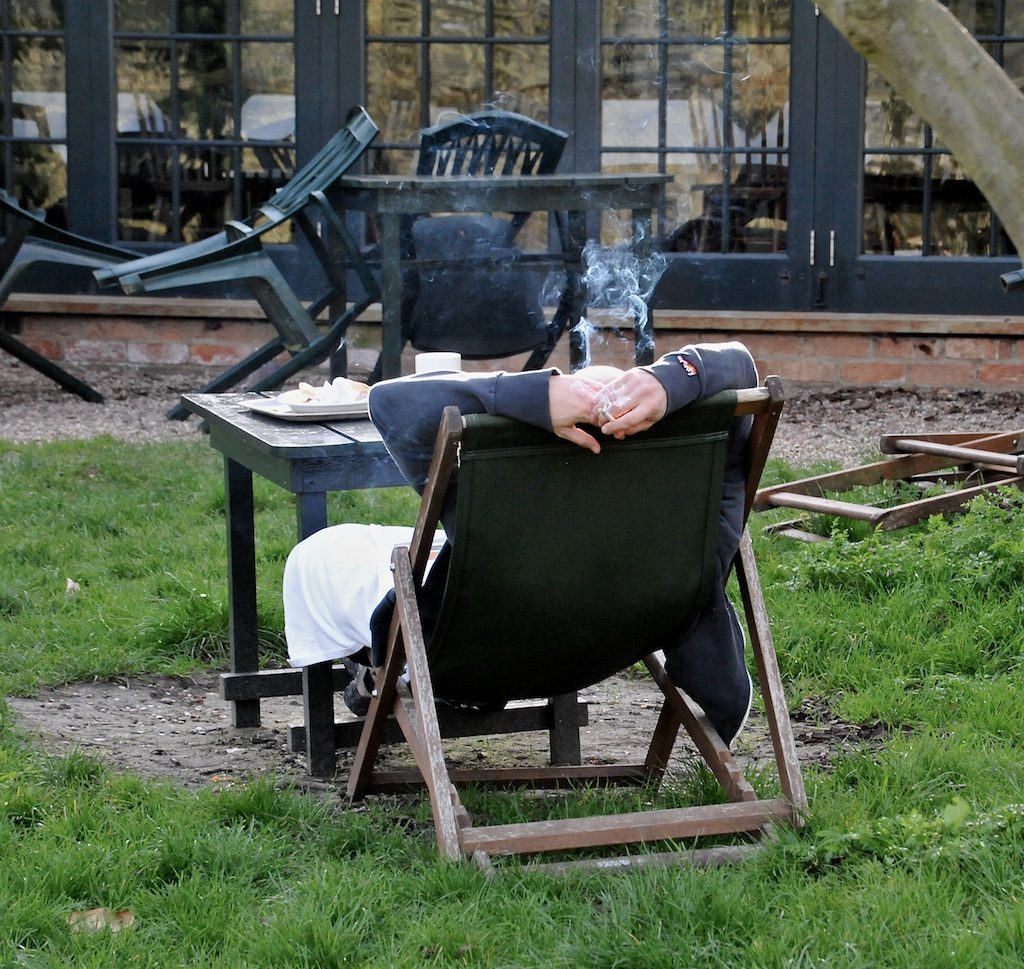An excerpt from Francis Spufford’s Backroom Boys, a memorable history of the early British personal computer industry. He’s writing about how two Cambridge students, David Braben and Ian Bell, used ingenious mathematical tricks to get round the limited memory available on the BBC Model B when they were creating their trailblazing computer game, Elite:
Whether the components are atoms or bits, ideas or steel girders, building something is a process of subduing wishes to possibilities … A real, constructed thing (however dented) beats a wish (however shiny) hands down; so working through the inevitable compromises, losing some of what you first thought of, is still a process of gain … But sometimes the process goes further. Some of the best bridges, programs, novels – not all the best, but some – come about because their makers have immersed themselves in the task with such concentration, such intent openness to what the task may bring, that the effort of making wishes real itself breeds new wishes. From the thick of the task, in the midst of the practical hammering, the makers see further possibilities that wouldn’t have been visible except from there, from that spot, from that degree of engagement with the task … This is what happened when Bell and Braben wrote their game … It became great because they saw the possibility of it being great while they were just trying to make it good.
This is wonderful, insightful writing about the creative process.



